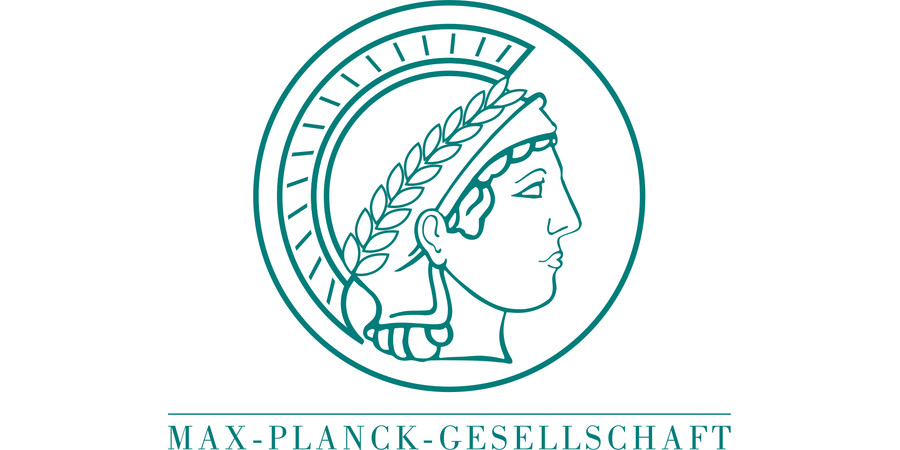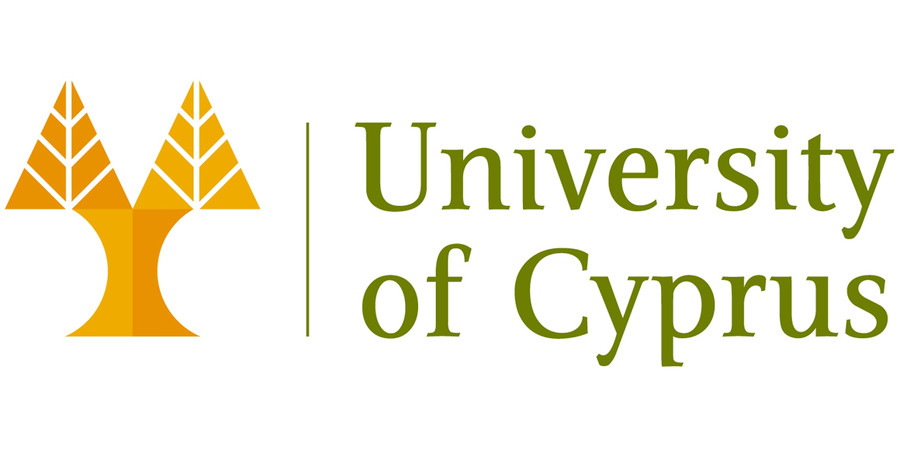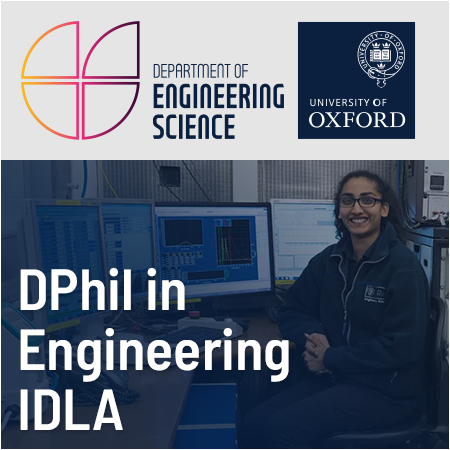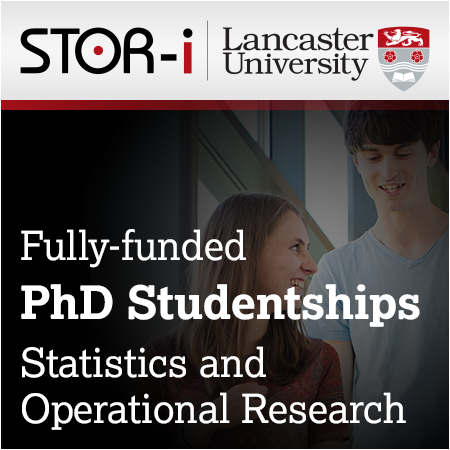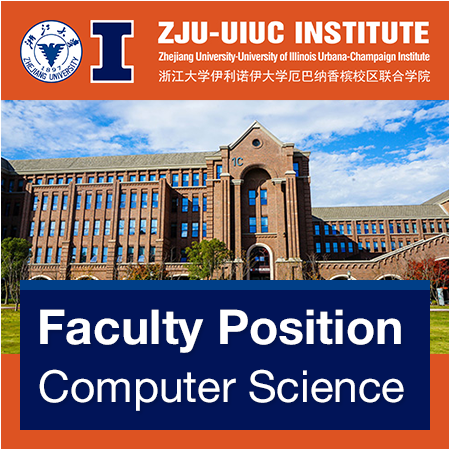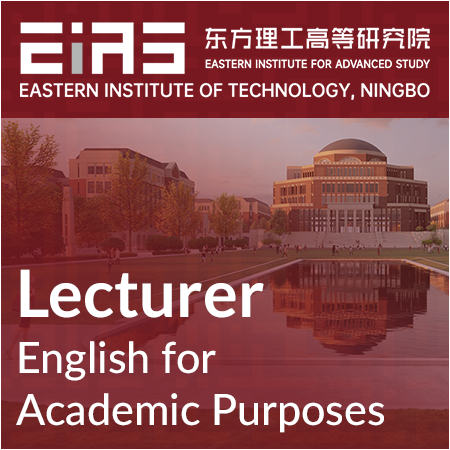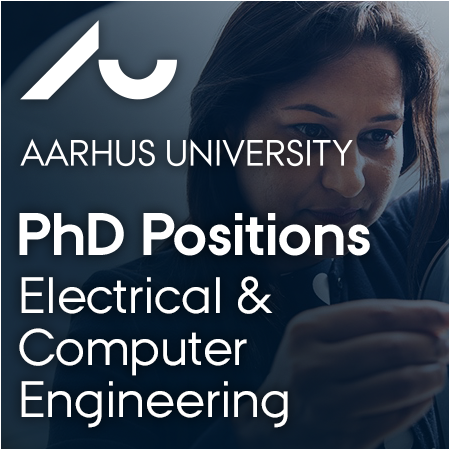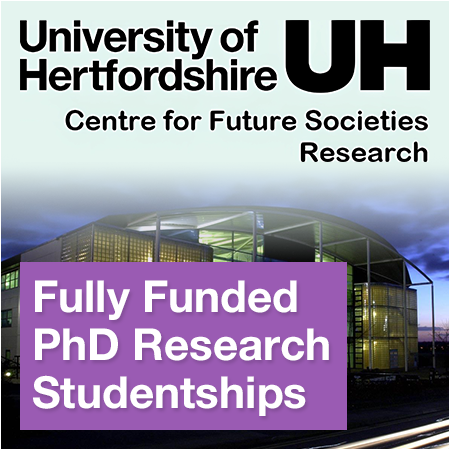Please start typing and select a location from the list
3 PhDs Found
Clear All
Computer Sciences
Health & Medical
Languages, Literature & Culture
Psychology
Anatomy, Physiology & Pathology
Artificial Intelligence
Computer Science
Information Systems
Linguistics
Software Engineering
PhDs
£10,000 - £14,999
Up to £9,999
Search
Sort
The job you're looking for is no longer being advertised. Please see below for similar jobs.
3 PhDs Found
PhD Position in Language Evolution
Language Evolution and Adaptation in Diverse Situations’ (LEADS)
Max Planck Institute for Psycholinguistics
Location:
Nijmegen
Salary:
From £2,616.35
per month
Date Placed: 24 Apr
PhD Studentship: Extreme Learning to Handle 'Big Data'
Cranfield University
Location:
Cranfield
Salary:
£14,300 to £18,000
per annum
Date Placed: 10 Apr
Expires
10 Jul
PhD Program in Finance
Department of Accounting and Finance
University of Cyprus
Location:
Nicosia
Salary:
£1,043.76
per month
Date Placed: 07 Mar
×
Max Saved Jobs Reached
A maximum of 500 Saved Jobs can be created against your account. Please remove an existing Saved Job in order to add a new Saved Job.
Manage Saved Jobs